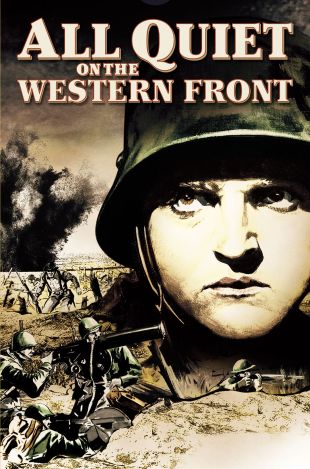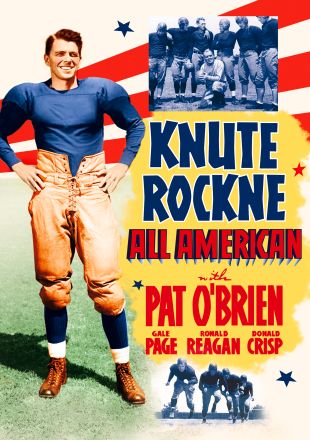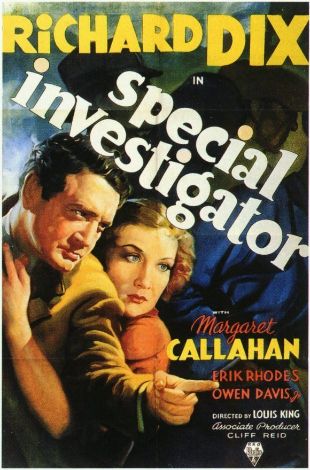Owen Davis, Jr., was perhaps best known, thanks to his name, as the son of one of America's most successful -- if not respected -- playwrights of the early twentieth century. But he also enjoyed an acting career in his own right of some three decades and had embarked on a second career as a producer in the new field of television shortly before his death in a boating accident in 1949. Davis was born in New York City, the son of Owen Davis, Sr., a vastly prolific author of plays. He attended Choate and Yale University, where he majored in drama and was also captain of the boxing team for a time. He studied under George Pierce Baker and later attended the American Academy of Dramatic Arts. In his early twenties, he toured with Walter Huston in one production, and later made his Broadway debut in Carry On, a play written by Owen Davis, Sr. Davis' first credited screen role was in They Had to See Paris (1929), directed by Frank Borzage and starring Will Rogers; portraying Rogers' college-age son, he essayed the first of the male ingenue parts that would characterize most of his roles over the next decade of his career. One major exception was his next film, Lewis Milestone's All Quiet on the Western Front (1930), a serious and intense drama, which seems to have shown Davis his limitations as a film actor. Following his work in that movie, he walked away from film work for more than five years, vowing to deepen and broaden his range and experience, which he initially did by joining a company led by actor Richard Bennett, and then an experimental theater company in Maine, where he worked in over 100 roles. By 1936, he was back in Hollywood and this time seemed a candidate for potential stardom, again playing young male leads, with a contract from RKO. He was an attractive type on-screen, specializing in the sort of poor-but-honest go-getter heroes who populate B-dramas, mostly comedies, and the occasional satire, and would that he had been lucky enough to get any of the latter, he might even have found a future in such roles.
But the studio's interest waned after a pair of B pictures, the romantic comedy Bunker Bean and the mystery/comedy Grand Jury (both 1936), and by the following year Davis was working at Republic Pictures and Monogram, both part of Hollywood's "second division." He kept busy with supporting roles in some of his father's plays (including the Broaday production of Jezebel), as well as doing B-pictures for MGM and Republic, and ended his screen career with a supporting role in Warner Bros.' Knute Rockne, All American (1940). On-stage, meanwhile, his career peaked a little later with his starring role -- opposite Anita Louise -- in Mr. and Mrs. North, an adaptation of Richard Lockridge's detective stories authored by Davis, Sr.; by the time that play was adapted to the screen (with William Post, Jr. as the male lead), the younger Davis was serving in the armed forces, in military intelligence, following America's entry into the Second World War. After the end of the war, he returned to civilian life and embarked on a new career as a producer at NBC on anthology series such as Chevrolet on Broadway and NBC Repertory Theater. One weekend in late May 1949, Davis and an advertising executive friend decided to go out on Long Island Sound. While the friend was asleep below, Davis remained up on deck as the sloop apparently hit a snag near Hart's Island; when the friend came back on deck, Davis was nowhere to be found. He went ashore to report the disappearance, and while he was at the police station giving a description, an officer in the field called in the description of a drowning victim found by two fishermen that morning. Davis was 41 years old and unmarried at the time of his death.


